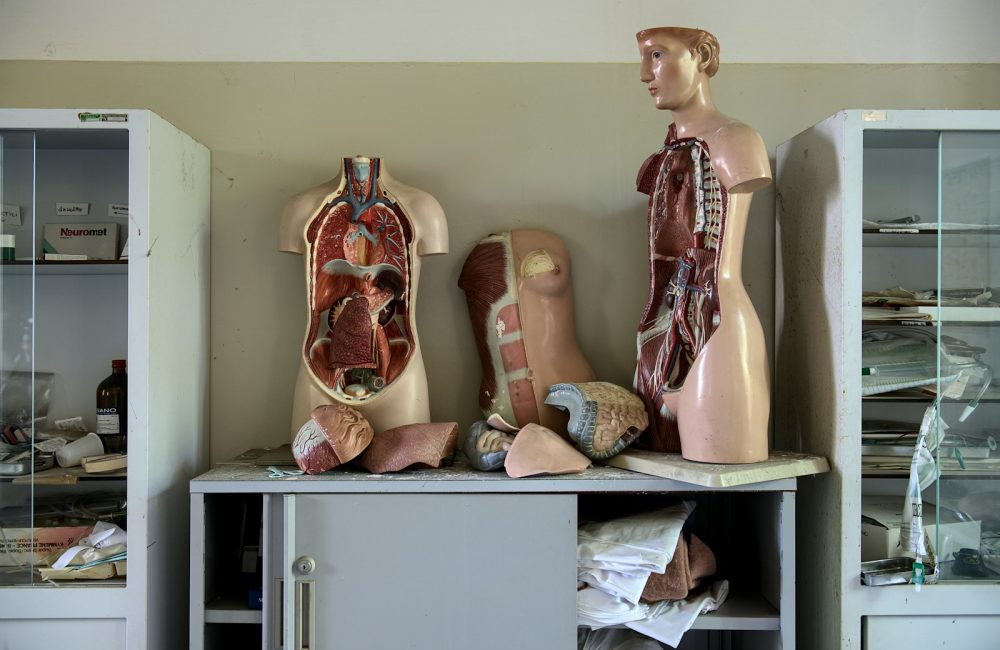One of the key indicators of a healthy liver is the absence of any significant symptoms. However, there are certain signs that can suggest optimal liver function. One common symptom is a consistent feeling of well-being and energy levels that do not fluctuate drastically. A healthy liver also contributes to a clear and glowing complexion, as the organ plays a crucial role in detoxification.
1. Normal Bowel Movements
Another symptom of a healthy liver is regular and well-formed bowel movements. The liver produces bile, which aids in digestion and helps in the elimination of waste through the bowel. When the liver is functioning properly, it promotes regularity in bowel movements and prevents issues like constipation or diarrhea. Proper bile production from a healthy liver ensures that the digestive system operates smoothly, enhancing overall gut health and nutrient absorption. Additionally, individuals with a healthy liver are likely to experience less bloating and discomfort after meals, indicating efficient digestion and absorption of nutrients.
2. Healthy Weight Management
Individuals with a healthy liver often find it easier to maintain a healthy weight. The liver plays a vital role in metabolizing fats and proteins, which in turn helps in weight management. A well-functioning liver also ensures that excess fat is not stored in the body, reducing the risk of obesity-related conditions. Moreover, a healthy liver supports the body’s ability to break down dietary fats efficiently, leading to a more sustainable weight loss process. By promoting optimal metabolism, a healthy liver can help individuals achieve their weight management goals more effectively and maintain a balanced body composition.
3. Optimal Cholesterol Levels
A healthy liver helps maintain optimal cholesterol levels in the body. The liver is responsible for producing cholesterol and regulating its levels in the bloodstream. When the liver is functioning well, it effectively processes cholesterol and prevents the buildup of excess cholesterol that can lead to cardiovascular issues. Additionally, a healthy liver plays a crucial role in balancing the different types of cholesterol in the body, such as HDL (good) and LDL (bad) cholesterol, thereby reducing the risk of heart disease and stroke. By supporting healthy cholesterol metabolism, a well-functioning liver contributes to overall cardiovascular health and minimizes the risk of developing cholesterol-related complications.
4. Stable Blood Sugar
Another key symptom of a healthy liver is stable blood sugar levels. The liver plays a crucial role in regulating blood glucose levels by storing and releasing glucose as needed. A healthy liver ensures that blood sugar remains stable throughout the day, reducing the risk of insulin resistance and diabetes. Furthermore, a healthy liver helps maintain consistent energy levels by efficiently managing glucose stores, preventing sudden spikes or crashes in blood sugar levels. By supporting stable blood sugar regulation, a well-functioning liver fosters overall metabolic health and reduces the likelihood of developing metabolic disorders associated with blood sugar imbalances.











